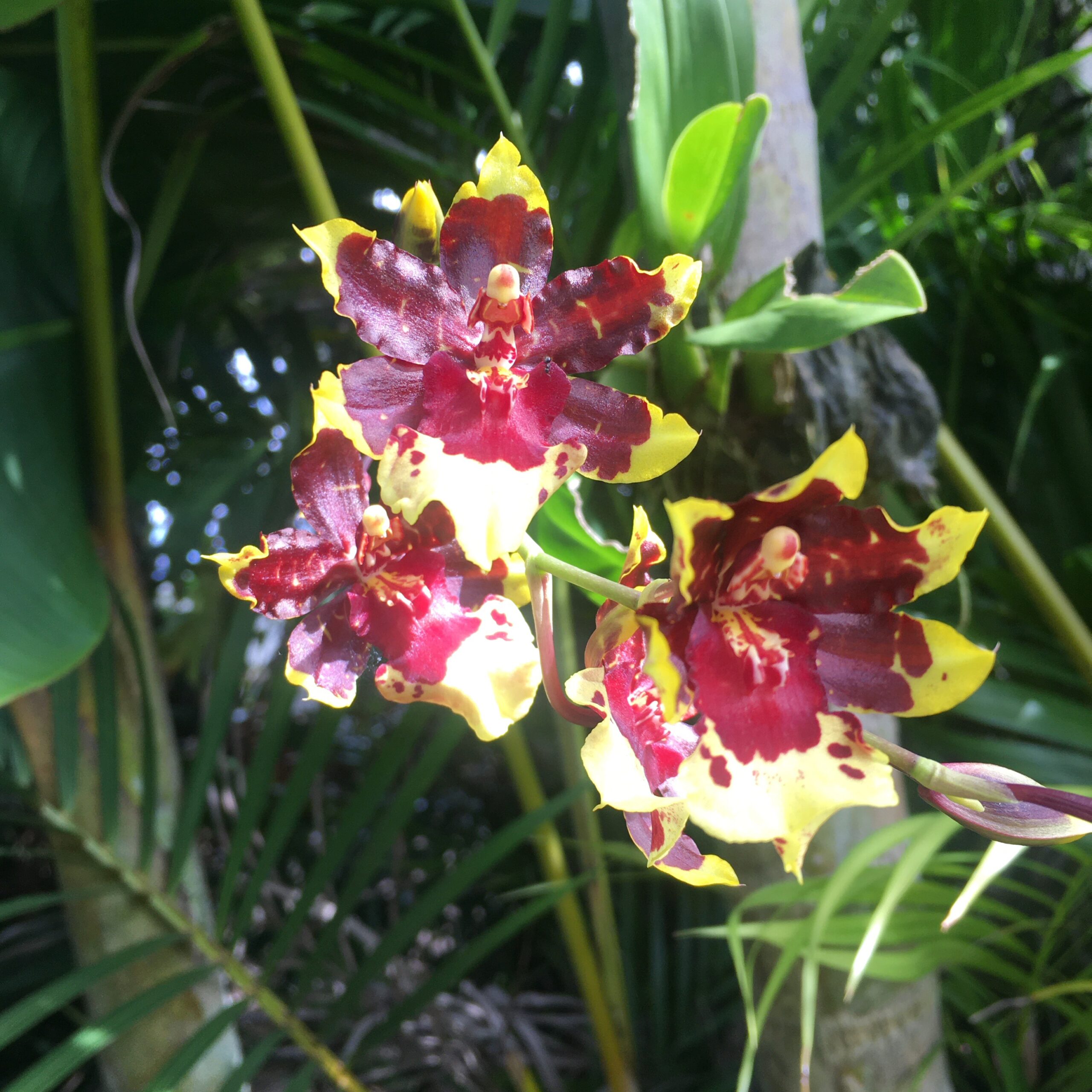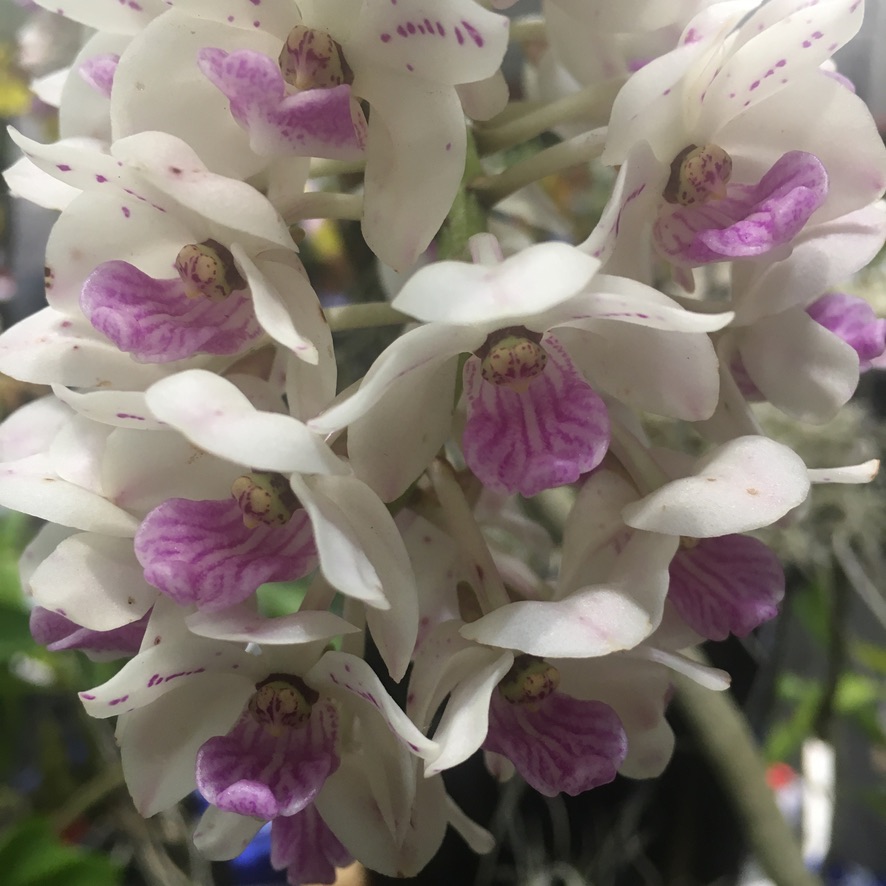Welcome to our comprehensive guide on using compost tea to nurture your epiphytic orchids! If you’re seeking a sustainable, organic way to enhance the health and beauty of your orchids, compost tea might be your answer.
This natural fertiliser is brimming with beneficial microbes and nutrients, promoting robust root growth and stunning blooms. Let’s dive into how you can make and use compost tea to give your epiphytic orchids the boost they need.
What is Compost Tea?
Compost tea is a liquid solution derived from compost, containing a wealth of beneficial microorganisms, nutrients, and organic matter. Unlike chemical fertilizers, compost tea provides a natural and balanced nutrient supply, fostering a healthier and more resilient plant ecosystem.
Benefits of Compost Tea for Epiphytic Orchids
- Enhanced Microbial Activity: The beneficial bacteria and fungi in compost tea help establish a thriving microbial community around the orchid roots.
- Disease Suppression: Compost tea can help protect orchids from pathogens by outcompeting harmful microbes.
- Vibrant Blooms: The balanced nutrient profile supports vigorous flowering, ensuring your orchids display their best colors and forms.
Ingredients for Brewing Compost Tea
To make high-quality compost tea, you need the following ingredients:
- Quality Compost: Use well-decomposed organic matter, rich in beneficial microorganisms.
- Water: Dechlorinated water is ideal, as chlorine can kill beneficial microbes.
- Additives: Consider adding humic acids, kelp, and unsulfured molasses to boost microbial activity.
Brewing Compost Tea: Step-by-Step Guide
- Prepare the Brewer: Use a clean container or compost tea brewer with an aeration system to maintain oxygen levels.
- Add Compost: Place the compost in a mesh bag or directly into the container. Use about 1 cup of compost per gallon of water.
- Add Water: Fill the container with dechlorinated water.
- Add Additives: Mix in additives like humic acids, kelp, or molasses to enhance microbial growth.
- Aerate: Aerate the mixture continuously for 24 to 48 hours. This process ensures that beneficial aerobic microbes thrive.
- Monitor: Check the tea periodically to ensure it smells earthy and not foul.
Applying Compost Tea to Epiphytic Orchids
- Dilution: Dilute the compost tea with water at a ratio of 1:10 before applying to your orchids.
- Application Methods:
- Soil Drench: Pour the diluted tea around the base of the orchid. For potted epiphytes, ensure the mix drains well.
- Foliar Spray: Spray the diluted tea directly onto the leaves and aerial roots. This method helps the plant absorb nutrients through both roots and leaves.
- Frequency: Apply compost tea every two to four weeks during the growing season for best results.
Quality Control and Storage
- Testing: Use a microscope to check for active microorganisms in your compost tea. A healthy tea should be teeming with life.
- Storage: Compost tea is most effective when used fresh. If you must store it, keep it in a cool, dark place for no more than 24 hours.
Success Stories: Real-World Applications
Many orchid enthusiasts have reported remarkable improvements in plant health and bloom quality after using compost tea. It not only boosts growth but also reduces the need for chemical fertilisers and pesticides, making it a sustainable choice for orchid care.
Conclusion
Compost tea is a powerful, natural solution for enhancing the health and beauty of your epiphytic orchids. By following the steps outlined in this guide, you can brew your own compost tea at home and enjoy the numerous benefits it brings to your orchid collection. Say goodbye to harsh chemicals and hello to vibrant, thriving orchids!
For more detailed instructions and tips, check out the manual by Dr Elaine Ingham ‘The Compost Tea Brewing Manual’
For more information about growing orchids see my 4 part series here
written by CHATgpt4 with input from SAF



